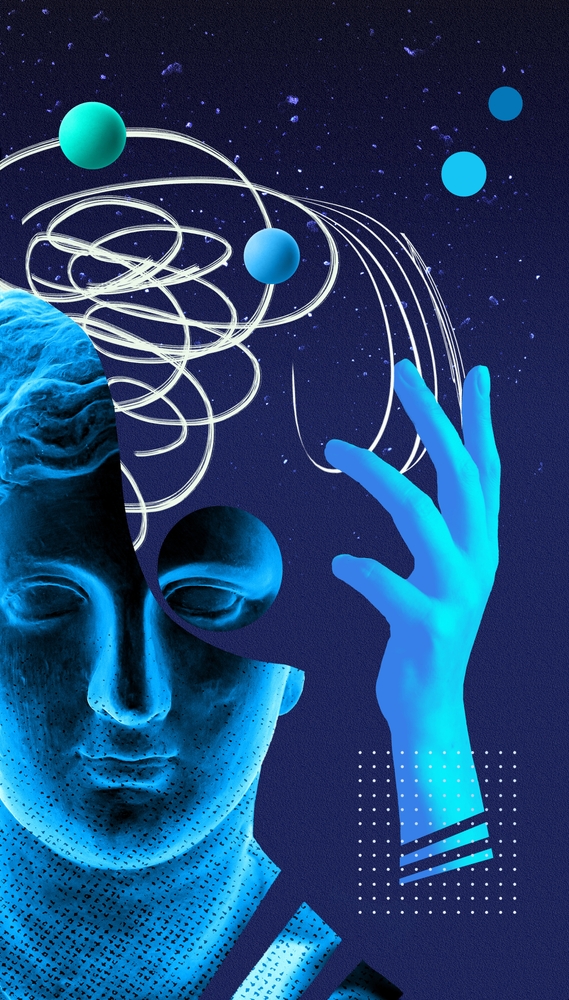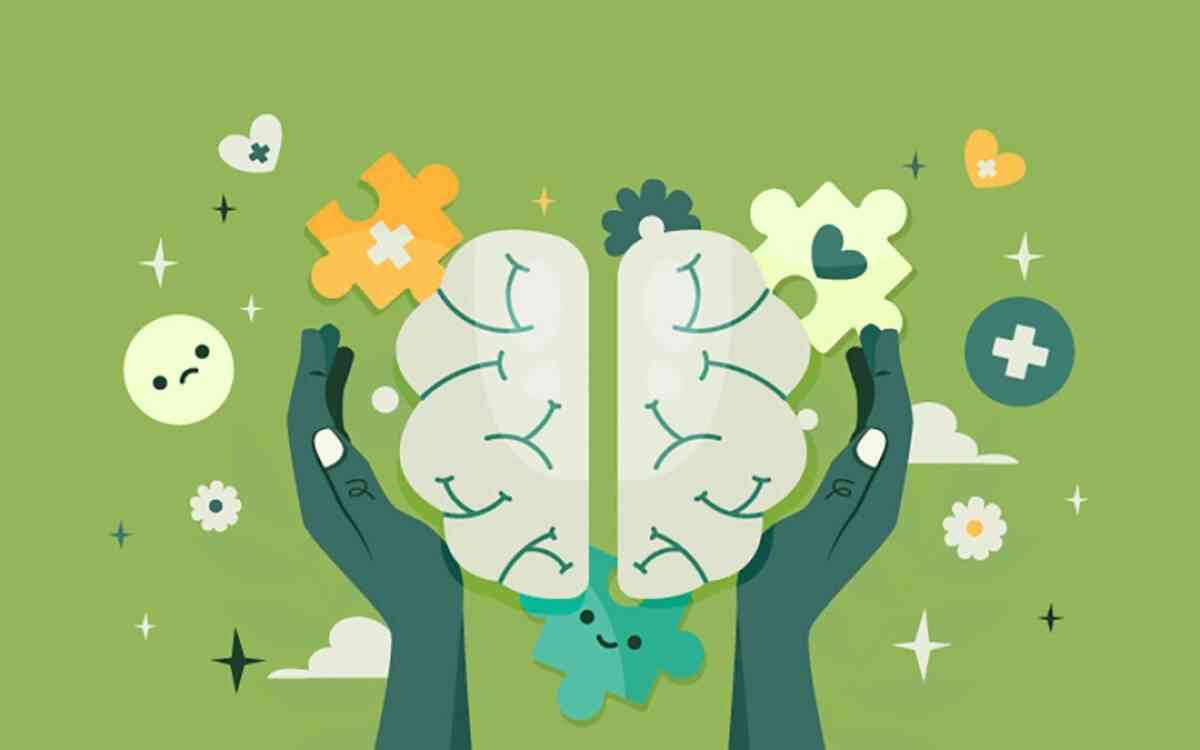Emerging Trends in Psychology and Behavioral Sciences
Transformative approaches reshaping mental health and behavioral interventions
The Digital Revolution in Mental Health
The integration of technology into psychological practice represents one of the most significant shifts in the field. Digital interventions are expanding access to mental health services while creating new treatment modalities that were previously impossible.
Teletherapy and Virtual Interventions
The widespread adoption of teletherapy platforms has dramatically increased accessibility to mental health services. Research shows that virtual therapy sessions can be equally effective as in-person sessions for many conditions, including anxiety disorders, depression, and PTSD. Al Mithaq Institute offers specialized training in delivering effective teletherapy through our Cognitive Behavioral Therapy diploma program.
AI-Assisted Assessment and Treatment
Artificial intelligence applications are revolutionizing psychological assessment through:
- Automated speech and facial expression analysis for more objective diagnostic assessments
- Predictive algorithms identifying early warning signs of mental health crises
- Personalized treatment recommendation engines based on patient data
- Chatbot-delivered therapeutic interventions as adjuncts to traditional therapy
These technologies are creating more precise and personalized intervention approaches, particularly relevant for practitioners trained in our Mental Health and Psychological Counseling diplomas.
Neuropsychology and Brain-Based Interventions
Advancements in neuroscience are transforming our understanding of psychological processes and creating new therapeutic approaches based on brain function and neuroplasticity.
Neurofeedback Therapy
Real-time brain activity monitoring allowing patients to self-regulate neural patterns associated with psychological conditions.
Transcranial Magnetic Stimulation
Non-invasive brain stimulation showing promise for treatment-resistant depression and other conditions.
Psychedelic-Assisted Therapy
Controlled use of substances like psilocybin and MDMA showing remarkable results for PTSD and treatment-resistant depression.
Brain-Computer Interfaces
Emerging technologies allowing direct communication between the brain and external devices with applications for severe psychological disorders.
Professionals seeking to understand these cutting-edge approaches can benefit from Al Mithaq Institute's courses in Forensic Psychology and Cognitive Behavioral Therapy, which incorporate the latest neuropsychological research.
Precision Mental Health
Similar to precision medicine, precision mental health focuses on tailoring interventions to individual biological, psychological, and social factors rather than using one-size-fits-all approaches.
Biomarker-Based Treatment Selection
Emerging research is identifying biological markers that can predict response to specific psychological interventions, allowing clinicians to match patients with the most effective treatments from the outset rather than using trial-and-error approaches.
Genetic and Epigenetic Influences
Greater understanding of how genetic factors and gene expression patterns influence psychological functioning is creating opportunities for more personalized intervention approaches. This science is increasingly incorporated into comprehensive treatment planning.
The Psychological Counseling and Mental Health diplomas at Al Mithaq Institute integrate these precision approaches, preparing practitioners to implement individualized treatment strategies based on the latest scientific evidence.
Integrated Approaches to Behavioral Change
Modern behavioral science is increasingly moving beyond siloed interventions toward integrated approaches that combine multiple modalities for more effective outcomes.
Transdiagnostic Treatment Models
Rather than treating specific diagnoses, these approaches target underlying psychological processes common across multiple conditions, such as emotional regulation, attention control, and cognitive flexibility.
Lifestyle Psychiatry
Integration of exercise, nutrition, sleep optimization, and stress management with traditional psychological interventions for more comprehensive treatment of mental health conditions.
These integrated approaches align with Al Mithaq Institute's holistic educational philosophy, particularly evident in our Life Coaching and Happiness and Quality of Life diploma programs.
Cultural and Contextual Psychology
Increasing recognition of how cultural factors shape psychological processes has led to more culturally responsive research and intervention approaches.
Cultural Adaptation of Evidence-Based Practices
Systematic modification of established psychological interventions to make them more congruent with cultural beliefs and practices, improving effectiveness across diverse populations.
Global Mental Health Initiatives
Efforts to address mental health disparities through scalable interventions that can be delivered by non-specialists in low-resource settings, often utilizing digital platforms and community-based approaches.
Al Mithaq Institute's Family Counseling and Family Psychology programs specifically address cultural contexts in psychological practice, preparing professionals to work effectively across diverse populations.
Virtual Reality and Immersive Therapies
Virtual reality (VR) technology is creating powerful new possibilities for psychological assessment and intervention.
Exposure Therapy Innovations
VR enables precisely controlled exposure to feared stimuli for treating phobias, PTSD, and anxiety disorders in safe, therapist-guided environments.
Social Skills Training
Immersive environments allow individuals with social challenges to practice interactions in realistic scenarios with immediate feedback.
Pain Management
VR distraction techniques show remarkable efficacy in reducing both acute and chronic pain, potentially reducing reliance on medication.
These technological approaches are increasingly incorporated into Al Mithaq Institute's curriculum, particularly in the Cognitive Behavioral Therapy and Psychological Counseling programs.
The Science of Positive Psychology and Well-being
Research in positive psychology has moved beyond simplistic happiness interventions to more sophisticated approaches to enhancing psychological well-being.
Positive Psychological Interventions
Evidence-based activities designed to increase positive emotions, engagement, relationships, meaning, and accomplishment (PERMA).
Mindfulness and Compassion-Based Approaches
Integration of mindfulness practices and self-compassion training with traditional cognitive-behavioral techniques, creating more effective interventions for stress, depression, and anxiety.
Post-Traumatic Growth
Emerging research on facilitating positive psychological changes following challenging life experiences, offering new approaches for trauma treatment.
These positive psychology approaches align with Al Mithaq Institute's Happiness and Quality of Life and Life Coaching diploma programs, providing practitioners with evidence-based tools to enhance well-being.
FAQ: Emerging Trends in Psychology and Behavioral Sciences
How is artificial intelligence changing psychological practice?
AI is enhancing psychological practice through automated assessments, predictive analytics for crisis prevention, personalized treatment recommendations, and AI-powered therapeutic chatbots as adjuncts to traditional therapy.
What is precision mental health?
Precision mental health involves tailoring psychological interventions to individual biological, psychological, and social factors rather than using standardized approaches, often utilizing biomarkers and genetic information to guide treatment selection.
How effective is virtual reality therapy compared to traditional methods?
Research shows VR therapy can be equally or more effective than traditional approaches for specific conditions like phobias, PTSD, and anxiety disorders, offering advantages in controllability, repeatability, and patient engagement.
What neuropsychological interventions show the most promise?
Neurofeedback, transcranial magnetic stimulation, psychedelic-assisted therapy, and brain-computer interfaces are showing significant promise, particularly for conditions that don't respond well to traditional treatments.
How can I learn these new approaches as a mental health professional?
Al Mithaq Institute offers specialized diploma programs like Cognitive Behavioral Therapy, Mental Health, Psychological Counseling, and Forensic Psychology that incorporate these emerging trends into their curricula.
Conclusion: The Future of Psychological Practice
The field of psychology and behavioral sciences is undergoing a profound transformation driven by technological innovation, neuroscientific discoveries, and more integrated, culturally responsive approaches. Professionals who stay abreast of these emerging trends will be better positioned to provide effective, evidence-based care that meets the complex needs of diverse populations.
Al Mithaq Institute offers comprehensive training programs that incorporate these cutting-edge approaches, preparing practitioners for the evolving landscape of psychological practice. Through our specialized diploma programs in Cognitive Behavioral Therapy, Psychological Counseling, Family Psychology, and more, students gain both theoretical knowledge and practical skills in implementing these innovative approaches.
As these trends continue to evolve, the future of psychology promises more personalized, accessible, and effective interventions that can address the growing global burden of mental health challenges. Professionals trained in these emerging approaches will be at the forefront of this transformation, making meaningful contributions to individual and community well-being.







